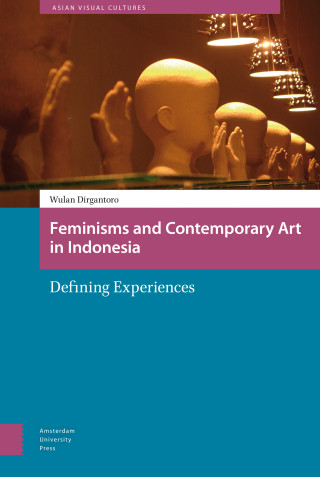The Handbook of Feminisms in Japan seeks to give a broad and, even without prior knowledge of Japan, easily accessible introduction to a range of feminisms in this non-Western context. With a useful comparative framework, it aims to advance transnational and international perspectives on feminisms around the world. It identifies discourses, theoretical positions and areas of feminist activity or intervention that readily correspond with those of feminisms in other countries, presenting chapters on topics such as radical feminism, maternalism, anarchism, literature, religion and pornography, but it also includes entries on specific historical and socio-cultural configurations, such as Japan’s women’s liberation movement, .man Ribu. Building on a growing body of erudite scholarship in Japanese, English and other languages, each chapter succinctly traces historical developments of particular discourses or movements and situates them in the local political and societal context while also making reference to the wider Asian and global contexts. The authors identify the central actors and discuss the theoretical implications and political dimensions of particular feminisms or aspects of feminism in Japan. The discussion in each chapter is based on relevant primary and secondary sources, thus introducing the reader to material for further reading and research.

